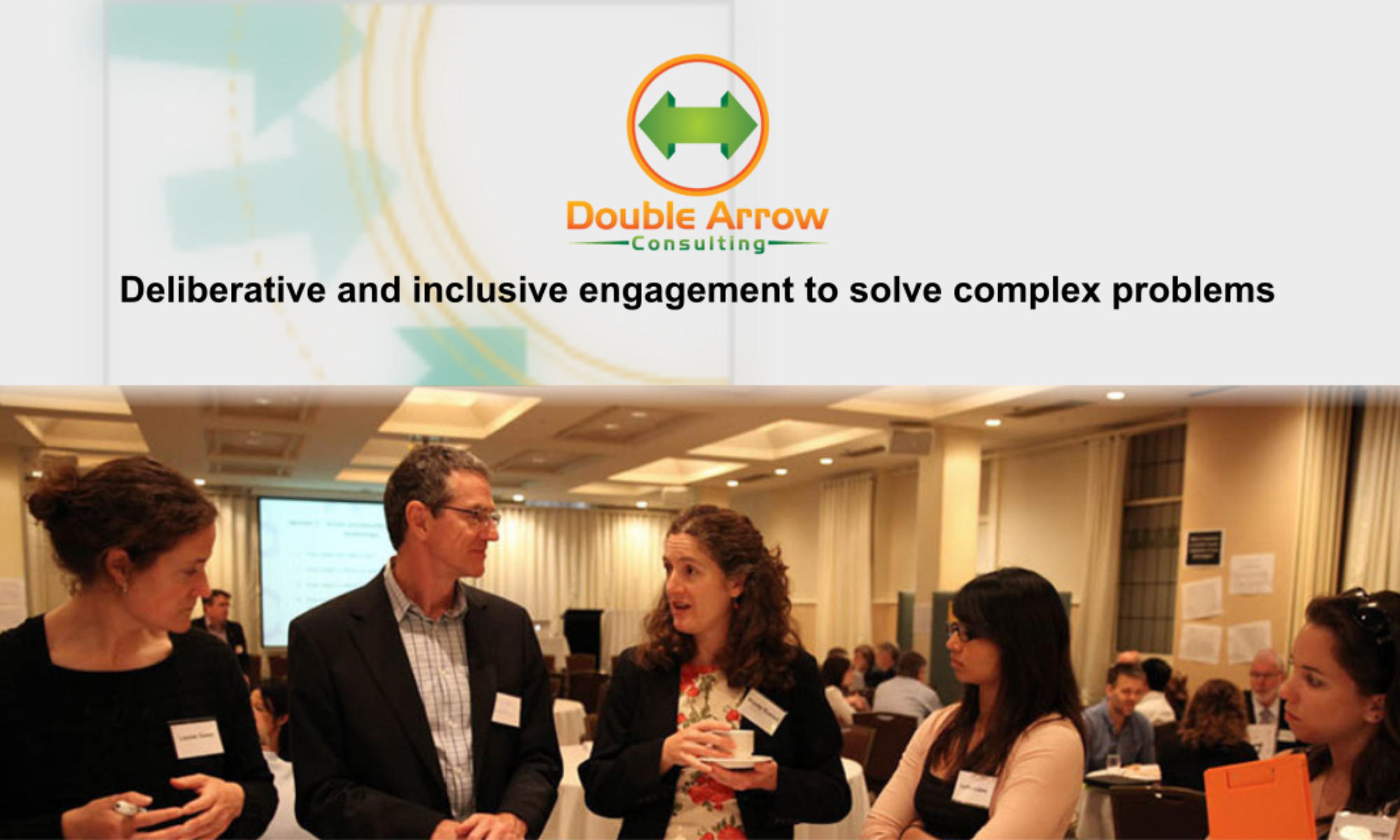Science and technology are central to our lives and to society. We take them for granted, and yet they give rise to more controversy than most other topics. Why is this? And how can we move towards more productive conversations about science and technology?
Perhaps if we stopped talking and started listening…
A course offered to undergraduates (SCOM3030), Masters students (SCOM 6030) and to professionals as a short course through the Centre for the Public Awareness of Science, Australian National University.
This hands-on, interactive course involves an intensive week of classes. Participants are introduced to various techniques of dialogue and deliberation, which they then get to practice, as they consider the use of these techniques to engage about science and technology issues. Participants are also taught how to plan, design and run dialogue and engagement activities.
The course is taught and facilitated by Dr Wendy Russell, a recognised expert on science and technology engagement. As well as an academic actively contributing to this field, she is a practitioner, trained in facilitation and engagement.

2016
“I found the course very useful, and possibly the most practically useful course that I’ve done in my university education. I think that the facilitation was very well done and found it to be an open and engaging course.”
“… provided the framework for my understanding of the importance of dialogue and a reminder of one of the integral features of humanity: sharing stories and perspectives. I see a lot of value for dialogue in science communication in the future.”
“A great opportunity to convene with others interested in dialogue, and to get better at it through professional and peer feedback in a very supportive environment.”
“You will learn much more than you expect to in this course.”
2017
“This is a course that will blow your mind and change the way you think about discussions on an issue of any kind”
“The course has made an enormous difference to the way that I relate to people around me, and this has been a lasting effect. I’ve found that I’ve used these skills often since the course finished, and have promoted the use of dialogue as a technique for holding meetings and engagement events in my local area. It has become a major focus for my projected career as a science communicator.”
“I found this course incredibly interesting and useful for my future in science communication.”
“I would recommend this course to anyone.”
Practice Resources
